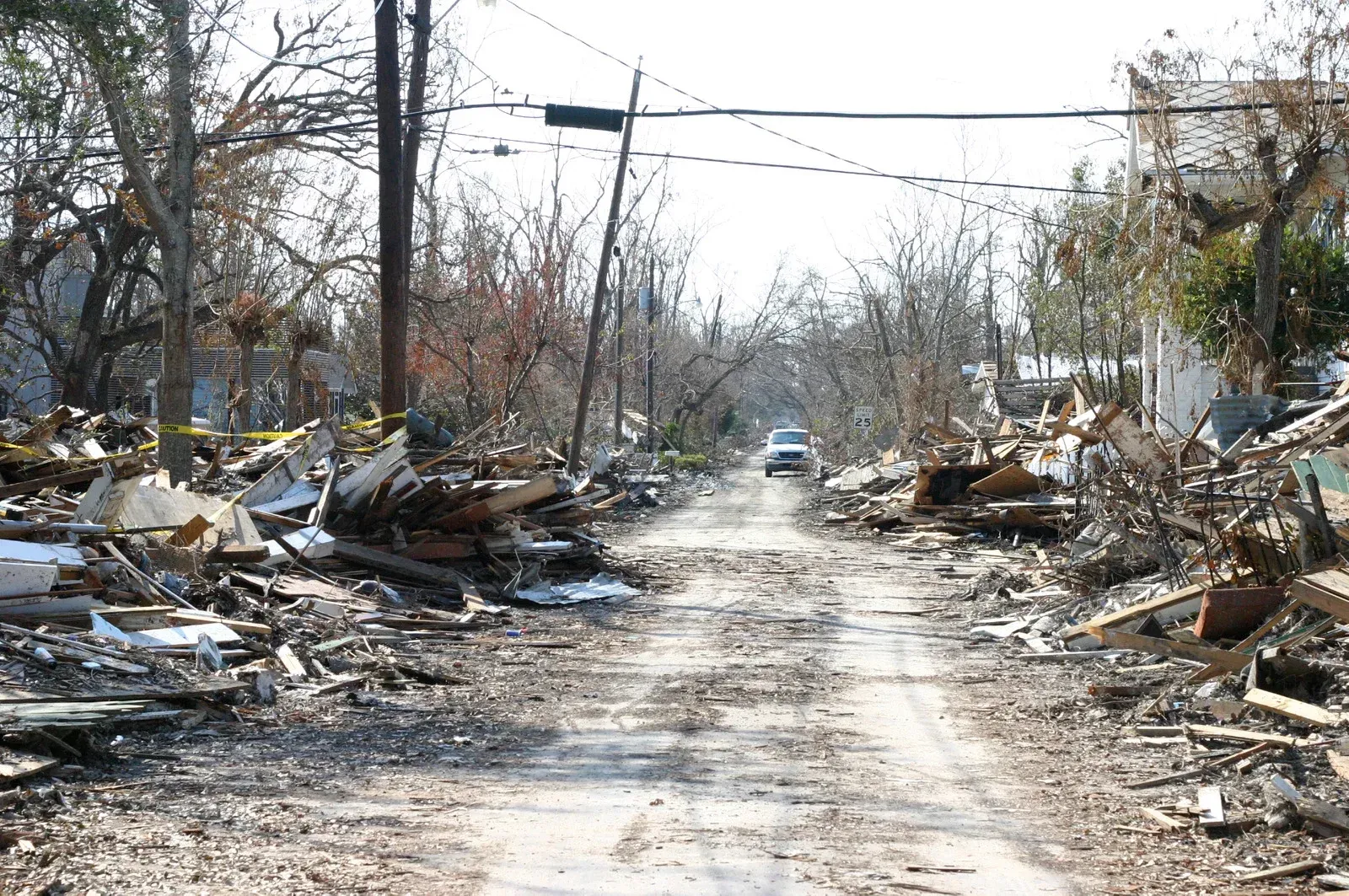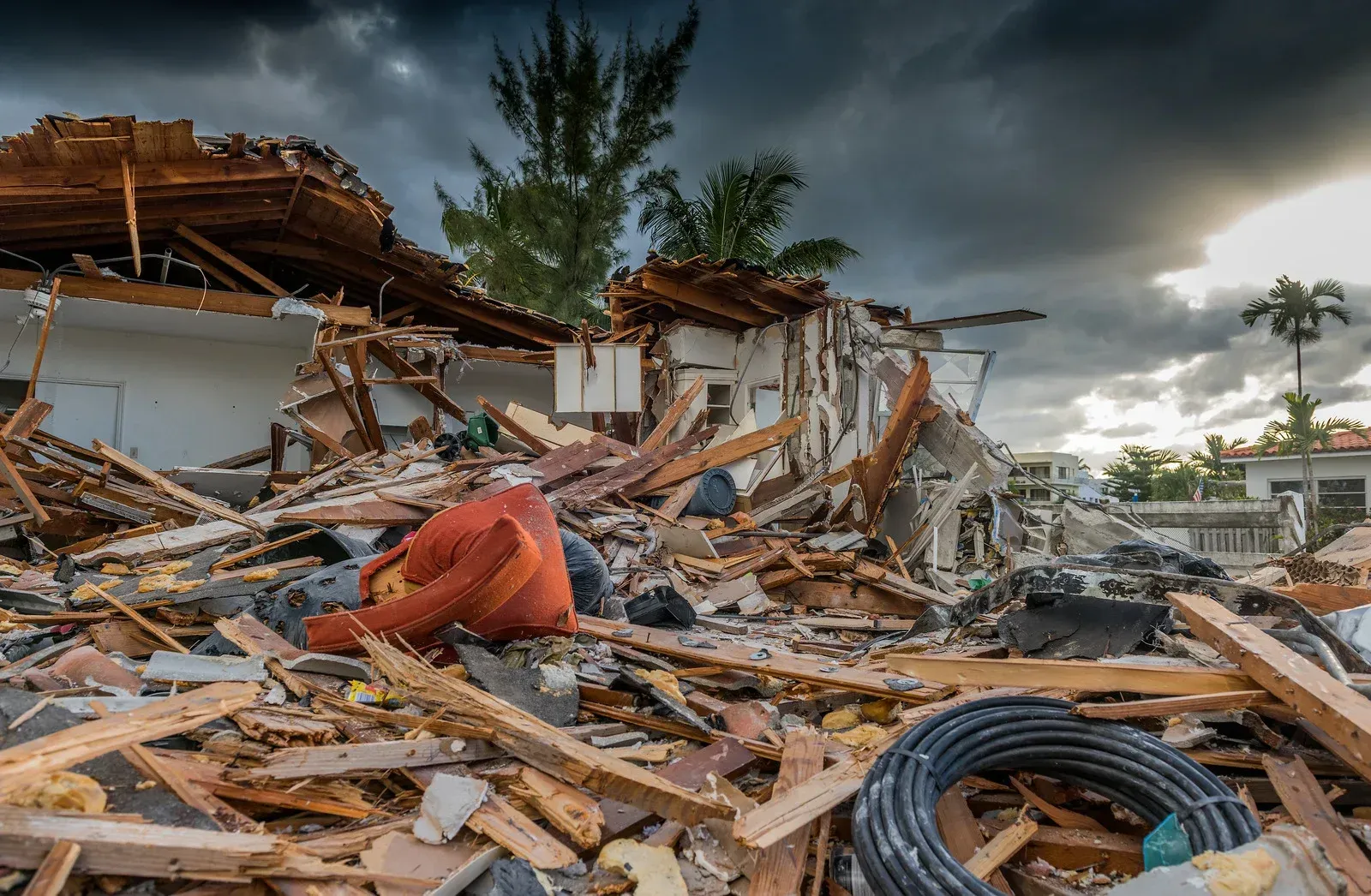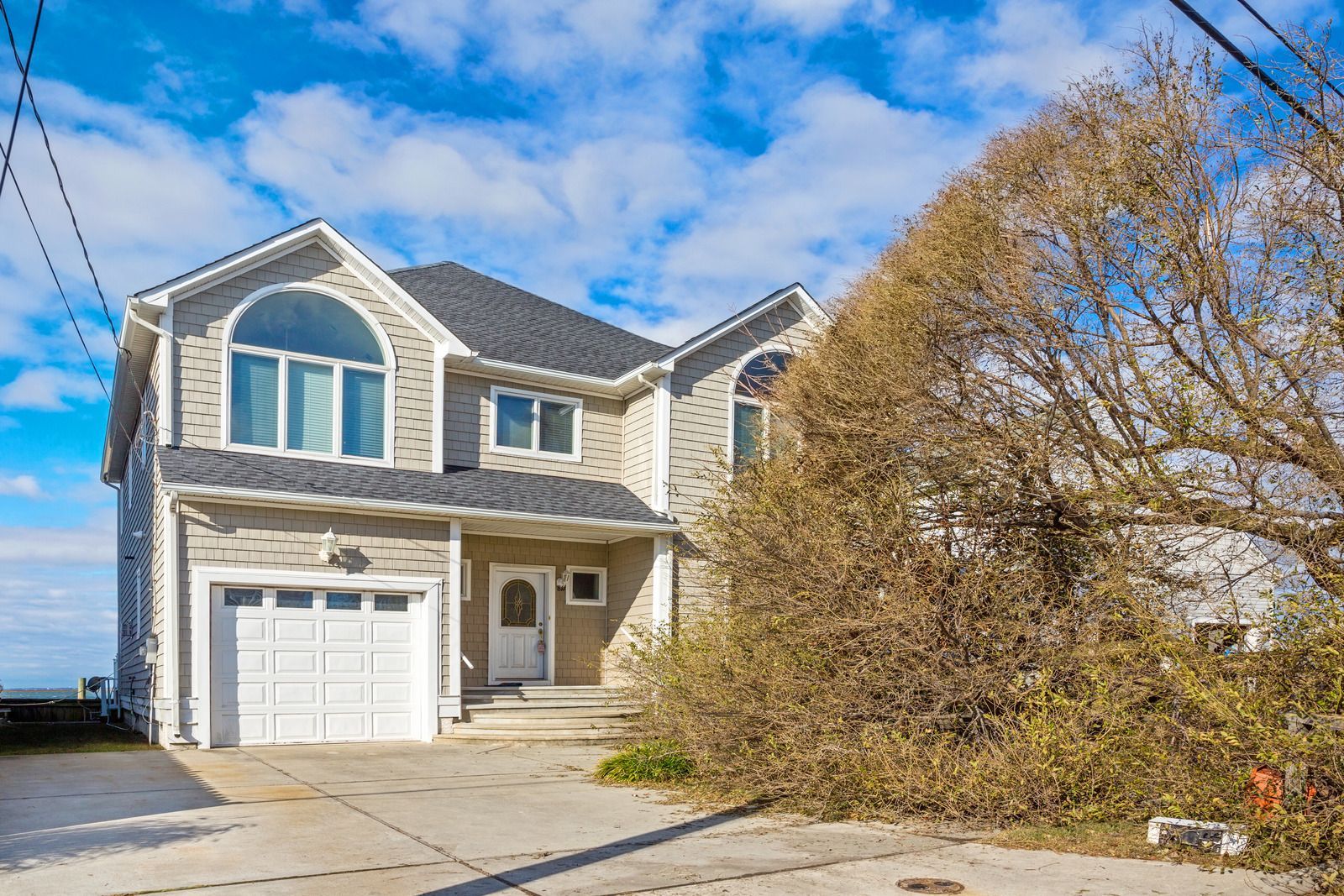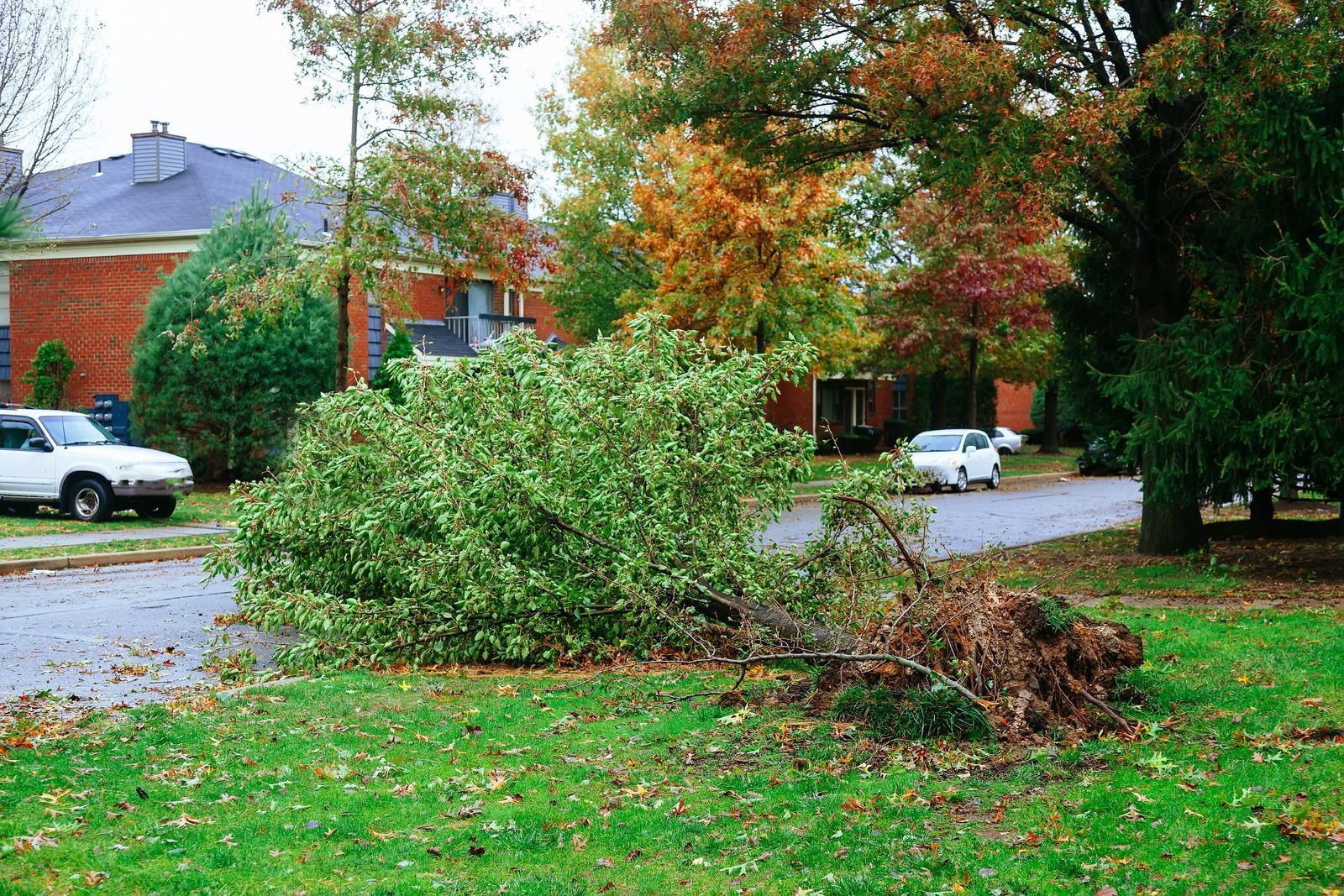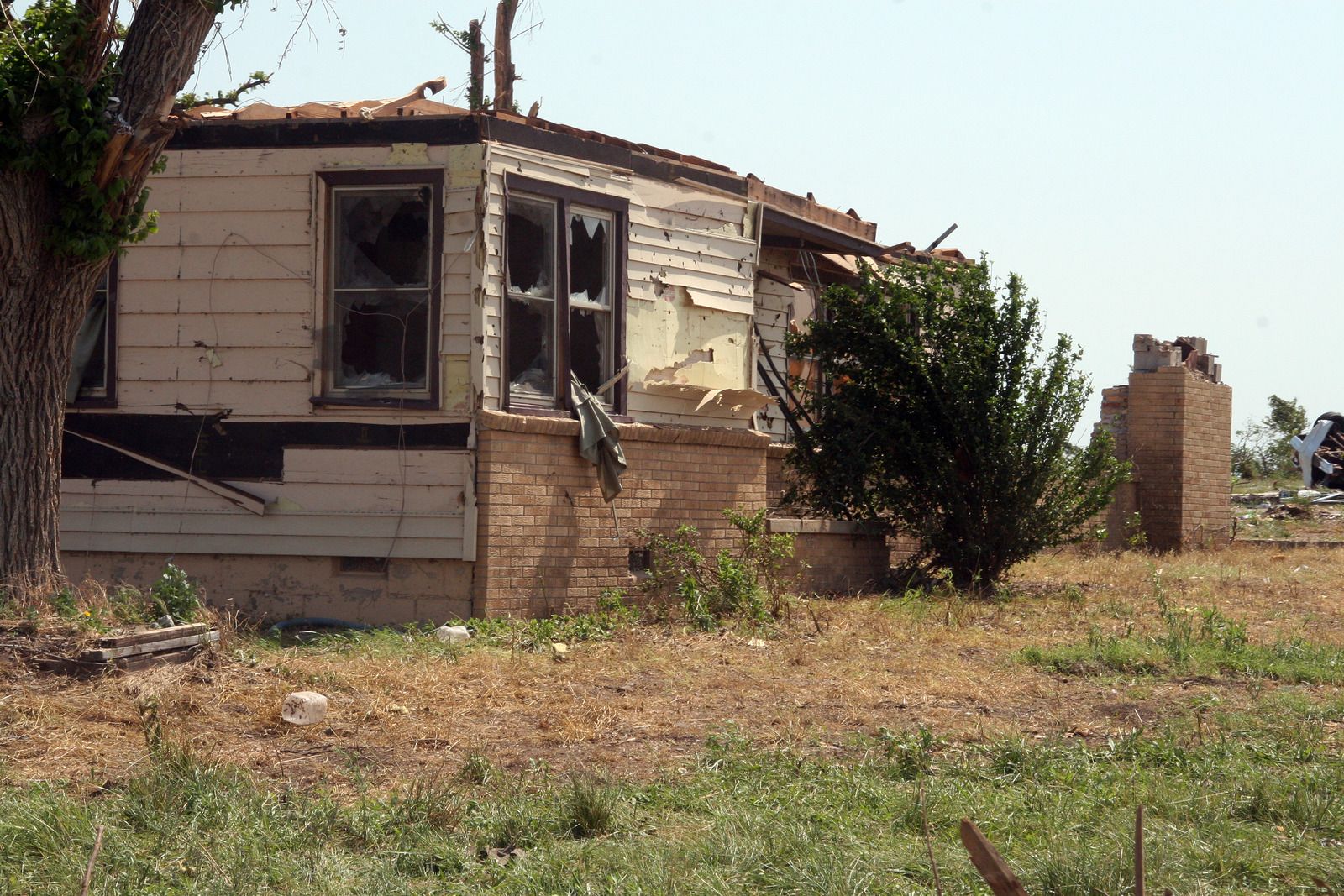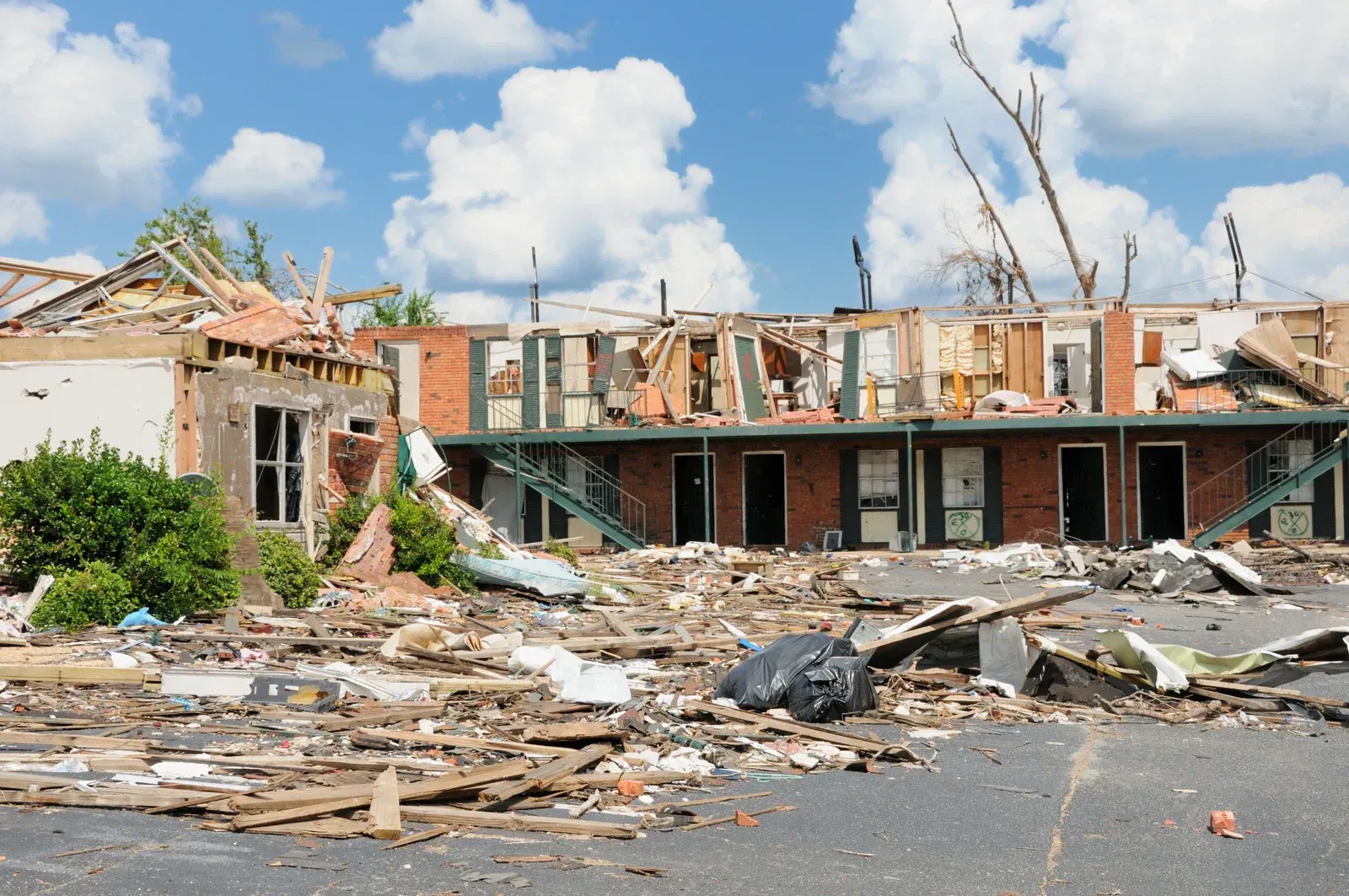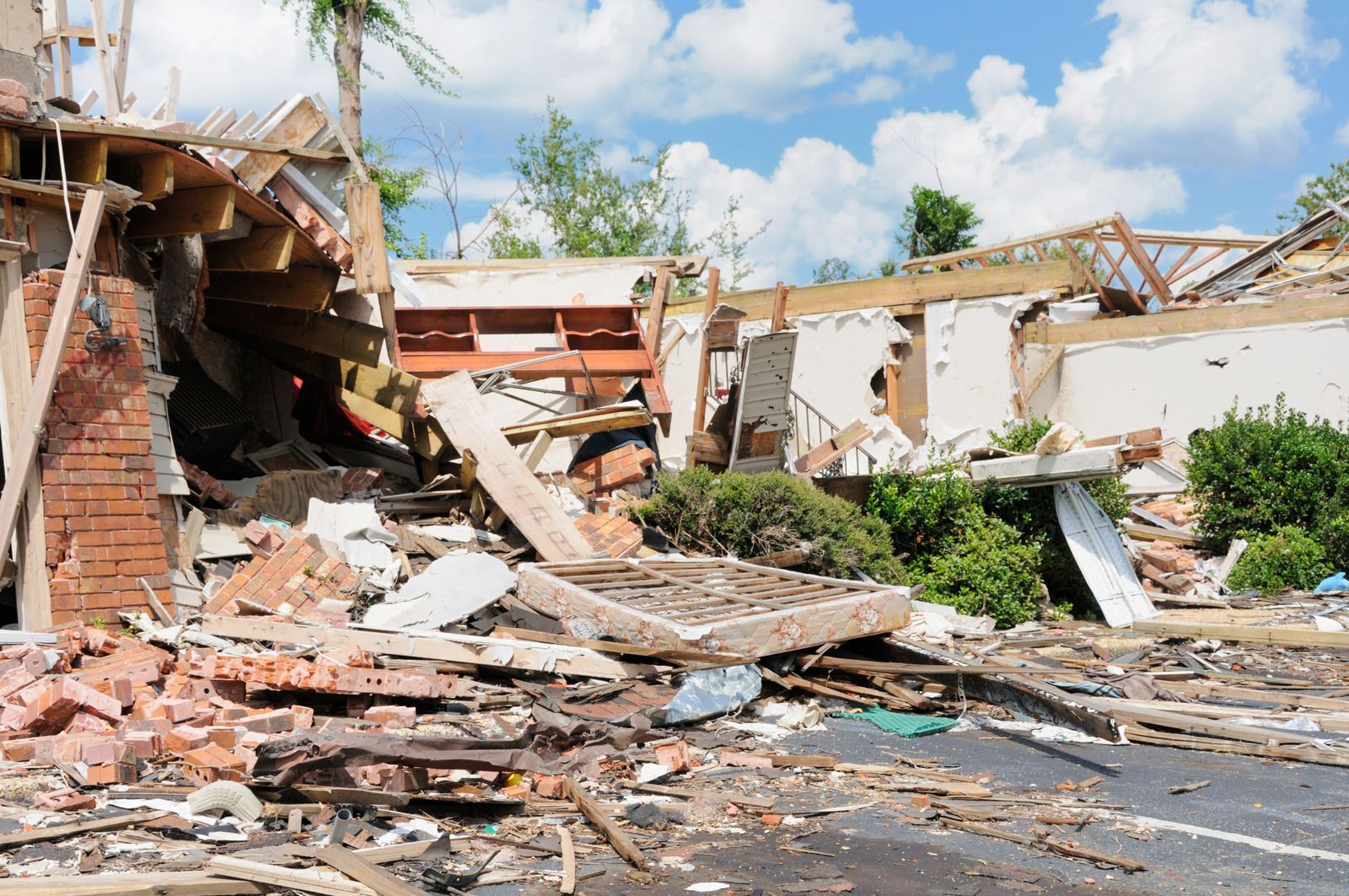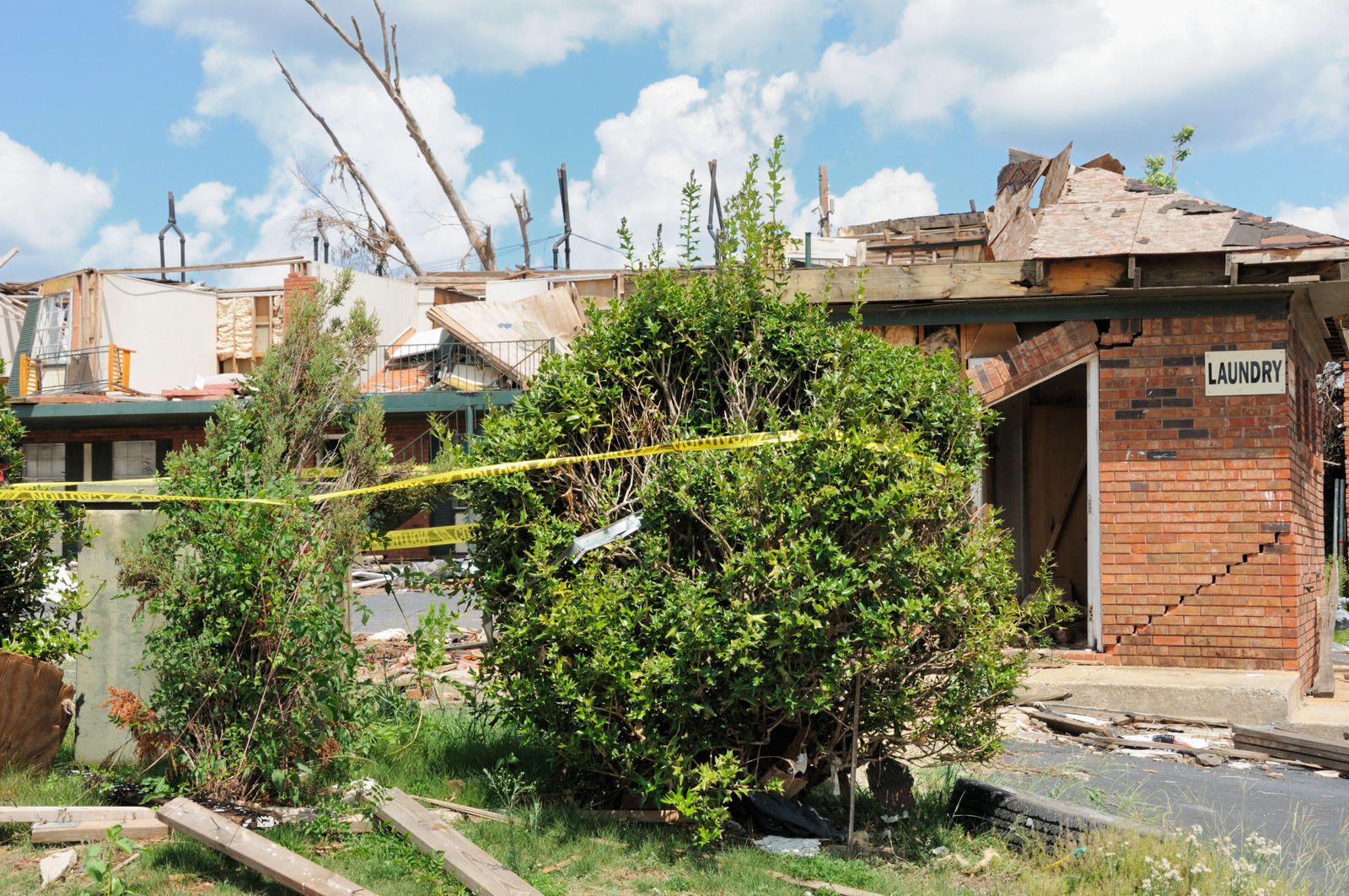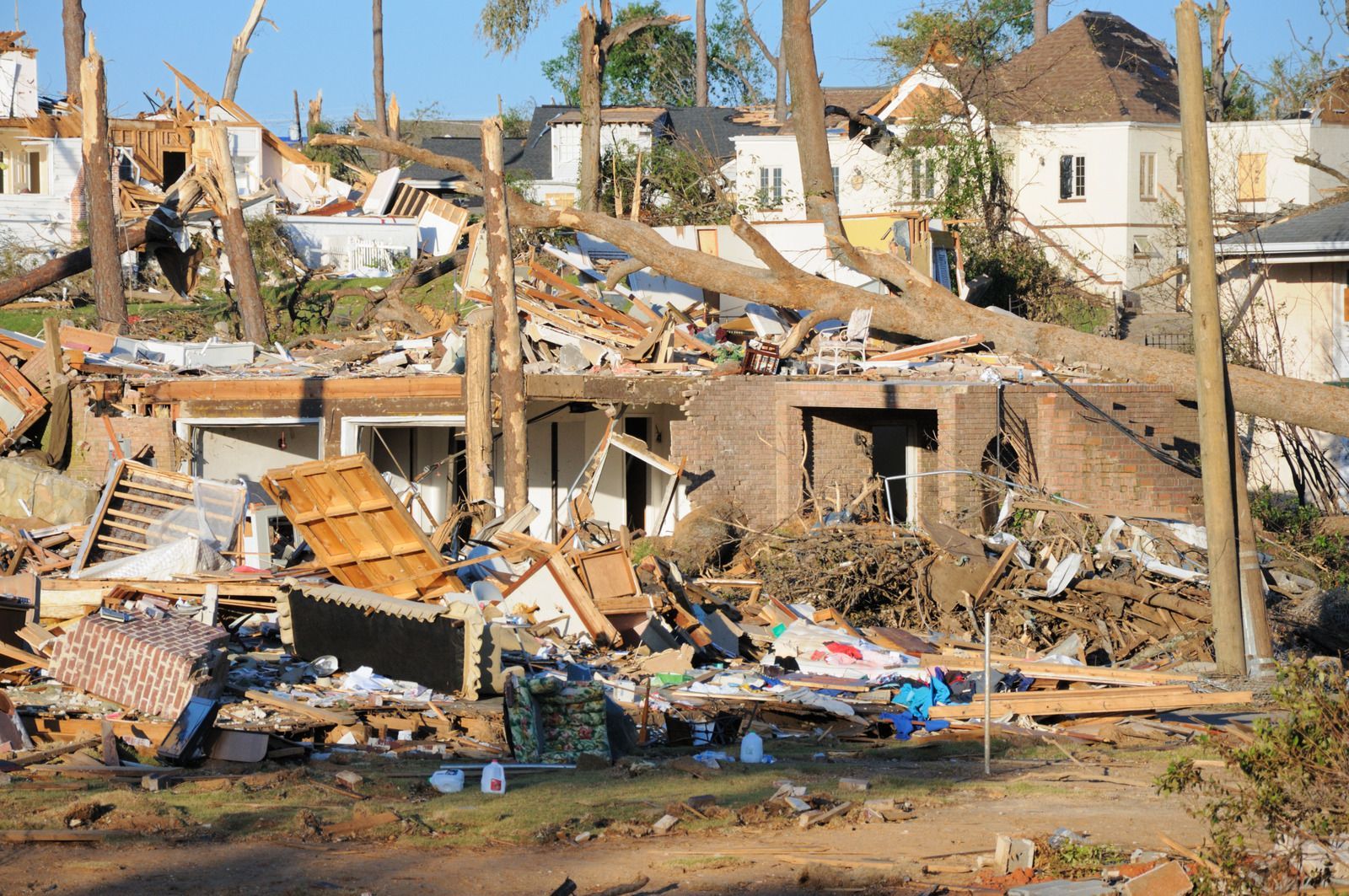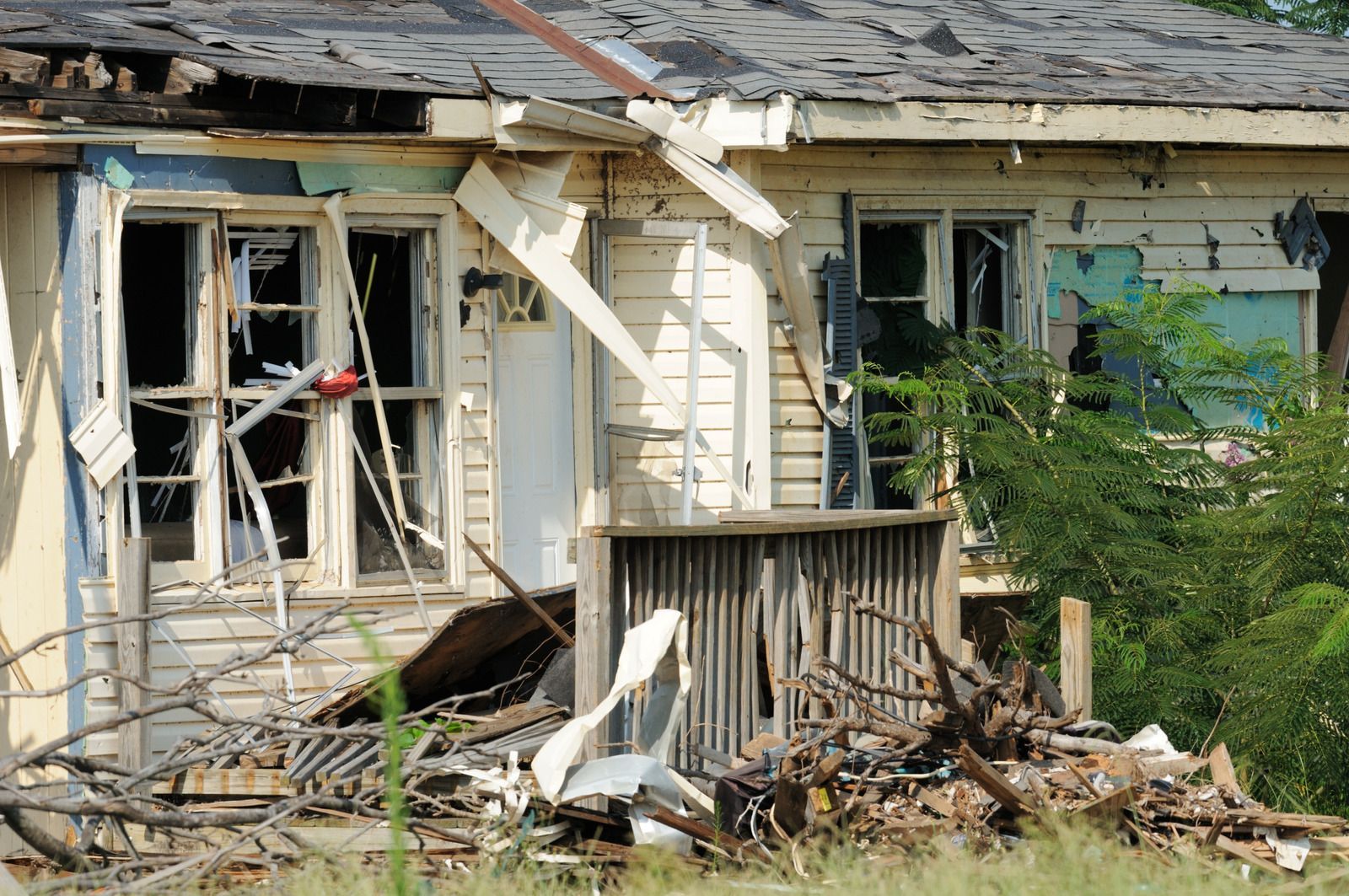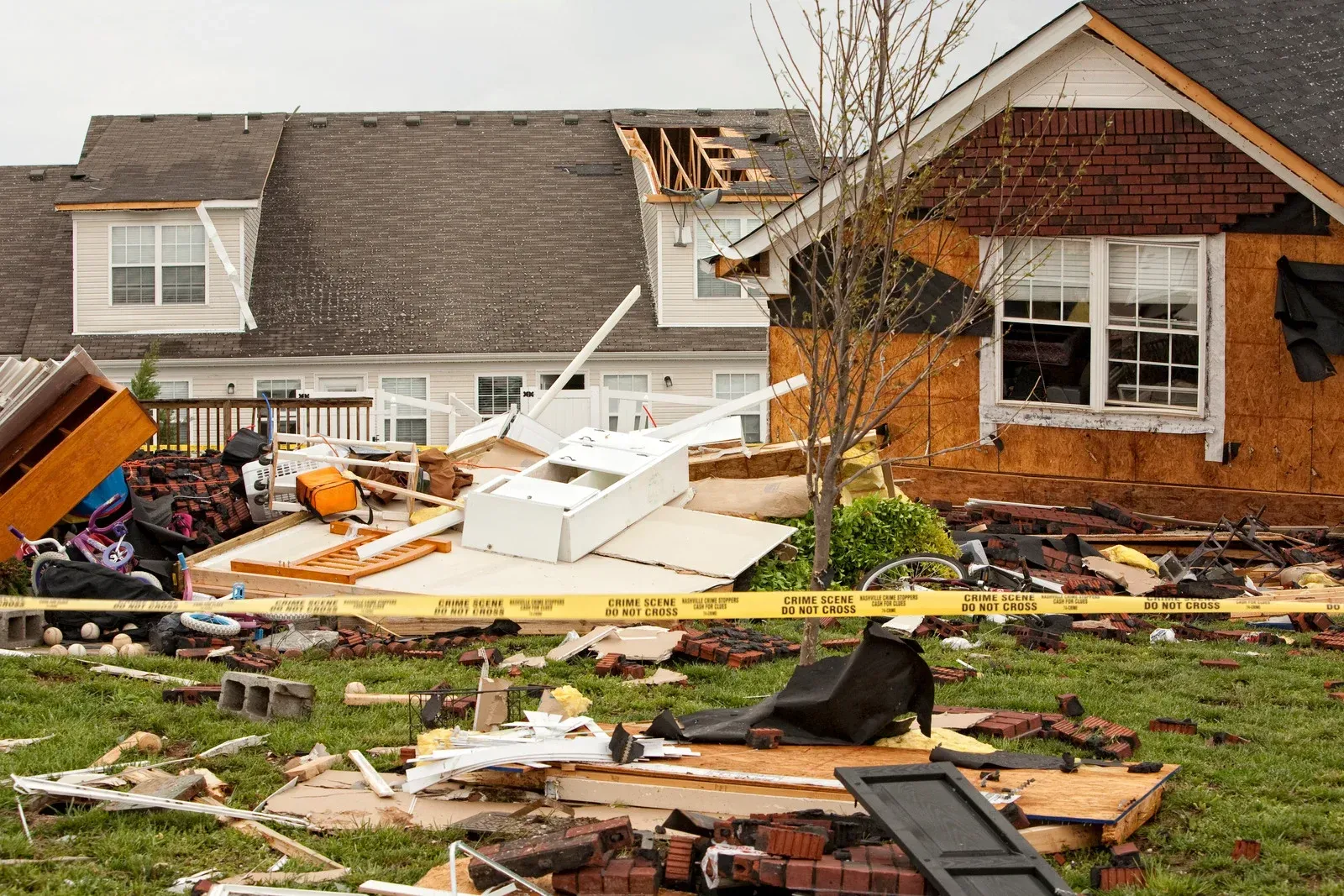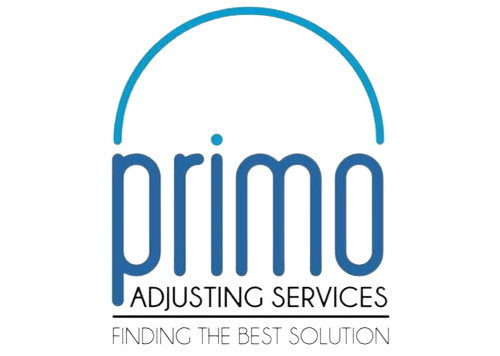Winter Haven Hurricane Milton Insurance Claims Assistance
As Hurricane Milton made landfall in West Florida, many homeowners are now grappling with the aftermath of this powerful storm. The impacts of natural disasters can be devastating, often leaving properties damaged and homeowners unsure of how to proceed with insurance claims. Understanding the steps to take in the wake of a hurricane is crucial to ensuring you receive the compensation you deserve for any losses or damages incurred.
Understanding Hurricane Damage
Hurricanes bring a variety of threats, including strong winds, heavy rainfall, and flooding. Each of these elements can contribute to different types of damage:
- Wind Damage: High winds can uproot trees, tear off roofs, and break windows, leading to significant structural damage.
- Water Damage: Flooding can occur from heavy rains or storm surges, resulting in water entering homes and causing extensive damage to floors, walls, and personal belongings.
- Insurance Coverage Gaps: Many homeowners discover that their standard homeowner's insurance policy does not cover specific types of damage, particularly flooding. This is why it’s essential to review your policy in detail.
Initial Steps After the Hurricane
Once it is safe to return to your property, take the following steps:
- Document the Damage: Before you begin cleaning up, take comprehensive photographs and videos of the damage. This documentation will be crucial when filing your insurance claim. Capture all angles and close-ups of damaged areas and items.
- Mitigate Further Damage: If possible, take steps to prevent additional damage. This may include covering broken windows with tarps or boarding them up and moving furniture to higher ground if flooding is a concern. Always ensure your safety first and follow local guidelines.
- Reach Out for Help: Consult with your local authorities and emergency management services to understand any immediate resources available to you. Websites such as the
FEMA Hurricane Resources provide essential information for recovery.
Filing Your Insurance Claim
Once you've assessed the damage and taken initial steps to mitigate further loss, it's time to file your insurance claim. Here are the steps to follow:
Contact Your Insurance Company
Notify your insurance company as soon as possible. Be prepared to provide:
- Your policy number
- A description of the damag
- Any documentation you’ve gathered (photos, videos, etc.)
Understand Your Policy
Take the time to read your insurance policy carefully. Familiarize yourself with the terms and conditions, particularly regarding coverage limits and exclusions. Knowing what is covered can help manage your expectations during the claims process.
Complete the Claim Form
Insurance companies often require you to fill out a claim form. Ensure you provide accurate and detailed information to avoid delays. Be clear about the nature of the damage and the circumstances surrounding it.
Keep Records
Maintain a detailed record of all communications with your insurance adjuster. Document dates, times, and the names of individuals you speak with. Keeping a journal can be invaluable if any disputes arise later in the process.
Be Prepared for an Inspection
After filing your claim, an insurance adjuster will likely visit your property to assess the damage. They will evaluate the extent of the losses and determine how much compensation you will receive. Ensure that you are present during this inspection to answer any questions and provide additional information if necessary.
Additional Resources
Many resources can assist you in navigating the recovery process:
- FEMA National Flood Insurance Program (NFIP): If your home is at risk for flood damage, consider looking into flood insurance through the NFIP. More information can be found on the FEMA NFIP page.
- National Weather Service: After the storm, it’s essential to understand safety measures and preparedness for future events. You can find valuable resources on hurricane preparedness at the National Weather Service's safety page.
- Local Assistance Programs: Reach out to local community organizations or the Red Cross for assistance. They often provide resources for those affected by natural disasters, including financial help and temporary housing.
Getting Professional Help
Dealing with the aftermath of a hurricane can be overwhelming, especially when it comes to handling insurance claims. If you find the process too complex or stressful, consider hiring a property damage adjuster. A professional adjuster can advocate on your behalf, ensuring that your claim is processed fairly and efficiently.
At
Primo Adjusting Services, we specialize in helping homeowners navigate the challenges of filing insurance claims following natural disasters. Our team is dedicated to ensuring that you receive the compensation you deserve for any damage incurred during Hurricane Milton. We understand the nuances of the insurance process and are here to guide you every step of the way. Contact us today to learn how we can assist you in your recovery.
